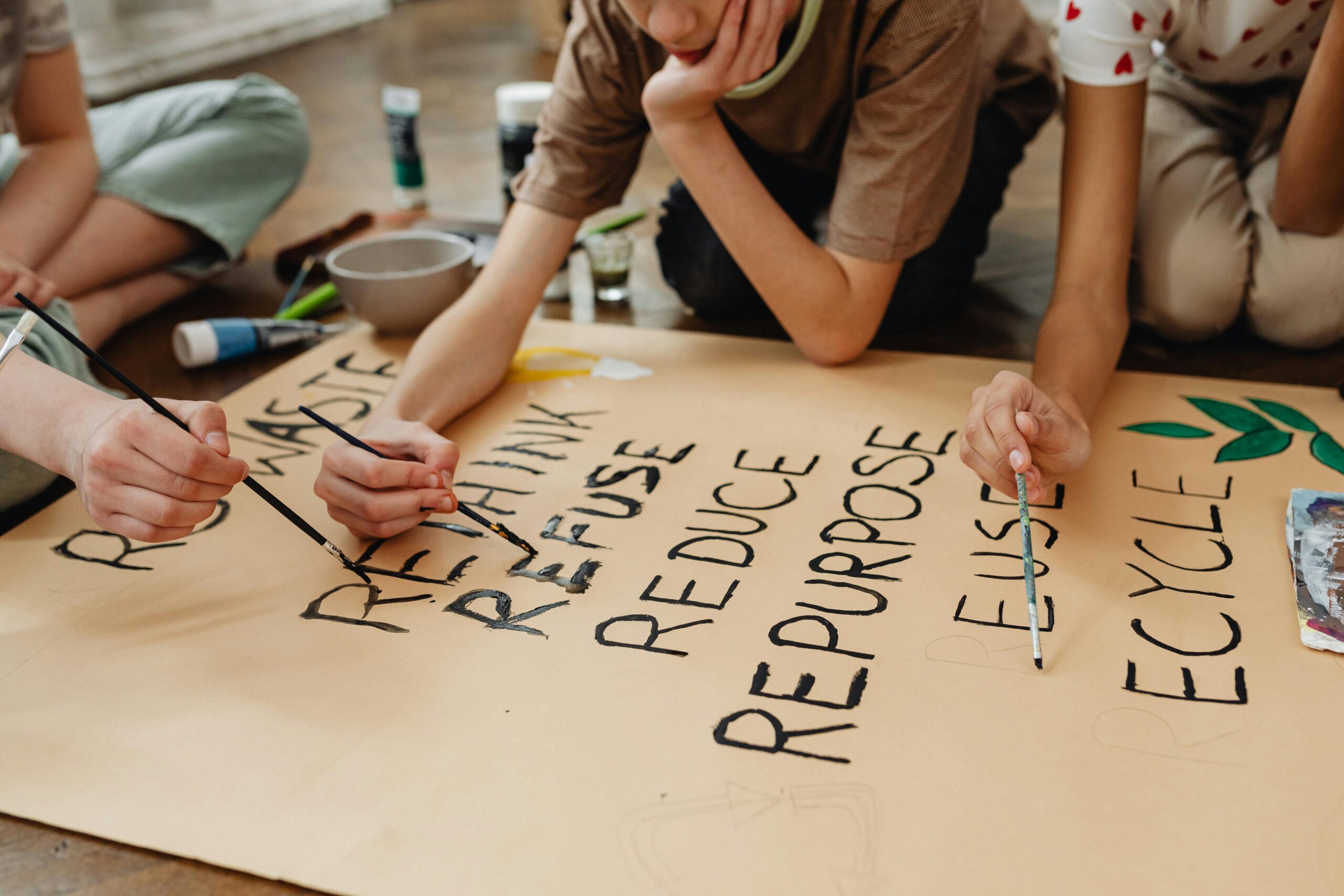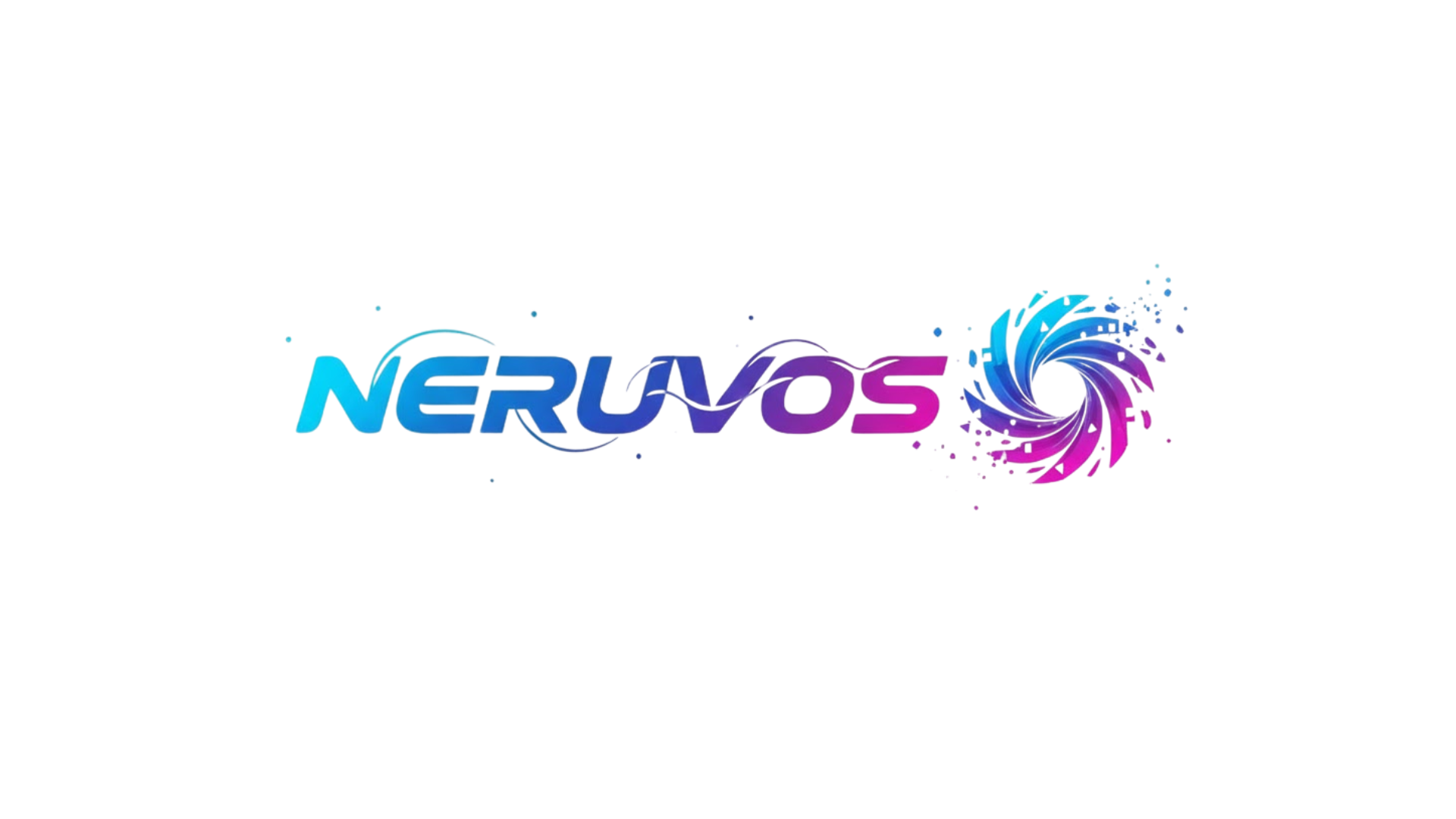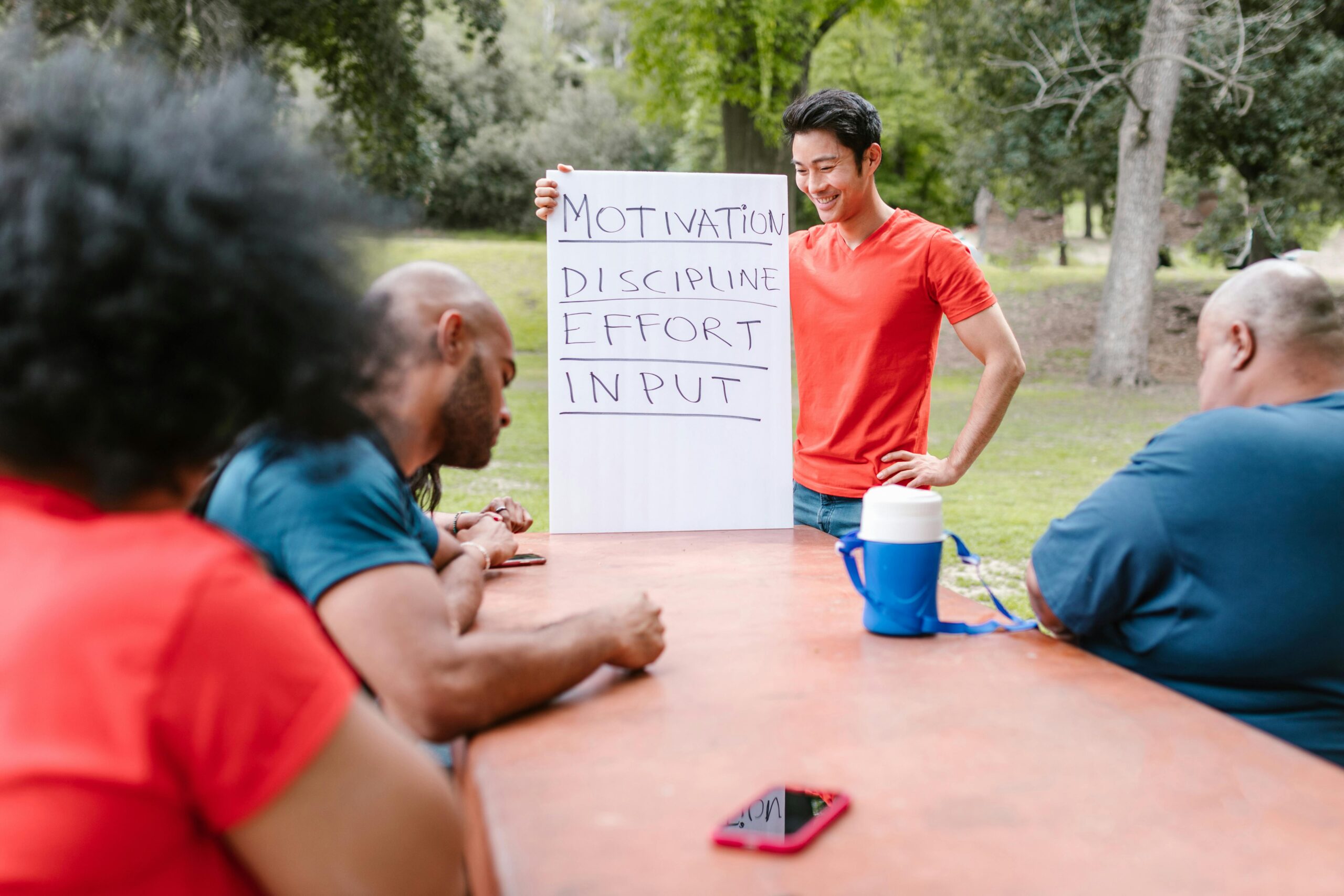The future of our planet depends on how we educate current and future generations about sustainability while grounding their actions in ethical principles.
In an era marked by climate change, social inequality, and environmental degradation, the connection between education for sustainability and ethics has never been more critical. This intersection represents not just an academic exercise but a fundamental shift in how we prepare individuals to navigate complex global challenges. By integrating ethical frameworks into sustainability education, we create a powerful foundation for transformative change that addresses both environmental concerns and human values.
Education for sustainability goes beyond teaching environmental science or conservation techniques. It encompasses a holistic approach that considers economic viability, social equity, and ecological integrity. When we add ethics to this equation, we introduce critical questions about responsibility, justice, fairness, and the moral obligations we have toward future generations and other species. This combination creates a robust educational framework capable of producing thoughtful, conscientious global citizens.
🌱 Understanding Education for Sustainability in the Modern Context
Education for sustainability, also known as Education for Sustainable Development (ESD), represents a comprehensive approach to learning that empowers individuals with knowledge, skills, values, and attitudes needed to contribute to a sustainable future. The United Nations Educational, Scientific and Cultural Organization (UNESCO) has positioned ESD as a key element in achieving the Sustainable Development Goals (SDGs).
This educational paradigm challenges traditional learning models by emphasizing interdisciplinary thinking, systems thinking, and future-oriented perspectives. Students learn to recognize the interconnectedness of environmental, social, and economic systems, understanding that actions in one sphere inevitably affect the others.
The core competencies developed through sustainability education include critical thinking, problem-solving, collaboration, and the ability to deal with complexity and uncertainty. These skills are essential for addressing the wicked problems of our time—issues that are difficult to define, have multiple stakeholders with conflicting interests, and lack clear solutions.
The Evolution of Sustainability Education
Sustainability education has evolved significantly over the past five decades. Initially focused primarily on environmental awareness in the 1970s, it expanded to encompass broader ecological concerns in the 1980s and 1990s. The turn of the millennium brought increased recognition of the social and economic dimensions of sustainability, leading to the more integrated approach we see today.
Contemporary sustainability education acknowledges that environmental problems cannot be separated from issues of poverty, inequality, human rights, and economic development. This holistic perspective recognizes that building a sustainable future requires addressing systemic injustices and reimagining our relationships with both the natural world and each other.
⚖️ The Essential Role of Ethics in Sustainability
Ethics provides the moral compass that guides sustainability efforts. Without ethical considerations, sustainability initiatives risk becoming purely technical exercises that fail to address fundamental questions about justice, equity, and the kind of world we want to create.
Environmental ethics examines our moral relationship with the natural world, questioning anthropocentric assumptions that place human interests above all else. It challenges us to consider whether nature has intrinsic value independent of its usefulness to humans, and what moral obligations we might have toward ecosystems, species, and even individual organisms.
Intergenerational ethics focuses on our responsibilities to future generations. This ethical dimension asks difficult questions: What kind of world do we have the right to leave to those who come after us? How do we balance present needs with future well-being? What moral weight should we give to the interests of people not yet born?
Social Justice and Sustainability Ethics
The intersection of social justice and sustainability reveals that environmental degradation disproportionately affects marginalized communities. Environmental racism, climate injustice, and unequal access to resources highlight the inseparability of environmental and social concerns.
Ethical sustainability education must address these disparities head-on, examining how power structures, historical injustices, and economic systems contribute to both social inequality and environmental destruction. Students learn to recognize that true sustainability cannot be achieved without addressing systemic injustices and ensuring equitable distribution of both resources and environmental burdens.
🎓 Integrating Ethics into Sustainability Curricula
Effectively integrating ethics into sustainability education requires thoughtful curriculum design that goes beyond adding a single ethics module to existing programs. Instead, ethical considerations should be woven throughout the learning experience, prompting students to constantly reflect on the values underlying different approaches to sustainability.
Case studies provide powerful vehicles for ethical exploration. By examining real-world sustainability challenges—from climate change adaptation strategies to renewable energy projects to conservation initiatives—students can analyze the ethical dilemmas involved, consider multiple perspectives, and develop their moral reasoning skills.
Practical approaches to integration include:
- Incorporating ethical frameworks such as utilitarianism, deontology, virtue ethics, and care ethics into discussions of sustainability issues
- Facilitating debates and dialogues that surface values conflicts and encourage students to articulate and defend their ethical positions
- Using role-playing exercises that allow students to experience sustainability challenges from different stakeholder perspectives
- Engaging with indigenous knowledge systems that often embody deeply ethical relationships with the natural world
- Examining the ethical implications of emerging technologies like geoengineering, genetic modification, and artificial intelligence in sustainability contexts
- Creating opportunities for students to reflect on their own values, consumption patterns, and lifestyle choices
Developing Ethical Decision-Making Skills
Beyond understanding ethical theories, students need practical tools for ethical decision-making. This involves learning systematic approaches to moral reasoning that can be applied to complex sustainability challenges.
Effective ethical decision-making frameworks typically involve identifying stakeholders, clarifying values at stake, considering alternative courses of action, evaluating consequences, and reflecting on underlying principles. By practicing these skills in educational settings, students develop the capacity to navigate ethical dilemmas they will encounter in their personal and professional lives.
🌍 Real-World Applications and Impact
The integration of ethics and sustainability education produces tangible results in how individuals and organizations approach environmental and social challenges. Graduates of programs emphasizing this intersection often demonstrate greater commitment to sustainable practices, more nuanced understanding of complex issues, and enhanced ability to lead transformative change.
In business contexts, professionals educated at this intersection are better equipped to navigate corporate sustainability challenges, balancing profit motives with environmental responsibility and social equity. They understand that true corporate sustainability requires more than greenwashing or superficial compliance—it demands fundamental shifts in business models, supply chains, and organizational culture.
In policy and governance, this educational approach produces leaders who can design and implement sustainability initiatives that are both effective and just. They recognize that successful environmental policies must consider distributional impacts, ensure meaningful stakeholder participation, and address historical inequities.
Community-Based Sustainability Initiatives
At the grassroots level, individuals educated in sustainability ethics are driving community-based initiatives that demonstrate alternative ways of living and organizing society. From community gardens and renewable energy cooperatives to zero-waste movements and alternative economic systems, these initiatives embody ethical principles of cooperation, equity, and ecological responsibility.
These practical applications demonstrate that sustainability education grounded in ethics is not merely theoretical—it translates into concrete actions that create positive change at multiple scales, from individual lifestyle choices to organizational practices to policy reforms.
🔄 Transformative Pedagogy for Sustainability and Ethics
Teaching sustainability and ethics requires pedagogical approaches that themselves model the values being taught. Transformative learning theory suggests that deep, lasting change occurs when learners critically examine their assumptions, engage with alternative perspectives, and reconstruct their worldviews.
Experiential learning opportunities are particularly powerful in this context. Field experiences, service learning projects, and community engagement allow students to apply concepts in real-world settings while developing emotional connections to sustainability issues that complement intellectual understanding.
Place-based education connects learning to local environments and communities, helping students develop a sense of connection and responsibility toward specific places. This approach recognizes that sustainability is not abstract but manifests in particular ecosystems, communities, and landscapes.
Fostering Critical Hope and Agency
Sustainability education must balance honest assessment of serious challenges with a sense of possibility and agency. Critical hope—distinguished from naive optimism—acknowledges difficulties while maintaining belief in the potential for positive change through collective action.
Educators play a crucial role in helping students avoid both despair and complacency. By highlighting successful sustainability initiatives, examining structural barriers to change, and developing students’ capacity for effective action, education can empower rather than overwhelm.
📊 Measuring Success and Impact
Assessing the effectiveness of integrated sustainability and ethics education presents unique challenges. Traditional metrics focused on knowledge retention fail to capture the transformative goals of this educational approach.
More appropriate assessment methods include:
- Longitudinal studies tracking changes in values, attitudes, and behaviors over time
- Portfolio assessments demonstrating development of complex competencies like systems thinking and ethical reasoning
- Community-based research projects that generate both learning and positive social or environmental impact
- Reflective journals documenting students’ evolving understanding and personal transformation
- Action research projects where students design, implement, and evaluate sustainability initiatives
Research increasingly demonstrates that education integrating sustainability and ethics produces graduates with stronger environmental values, greater civic engagement, enhanced critical thinking skills, and increased likelihood of pursuing careers aligned with sustainability goals.
🚀 Emerging Frontiers and Future Directions
As we look toward the future, several exciting developments are shaping the intersection of sustainability education and ethics. Digital technologies offer new opportunities for global collaboration, virtual field experiences, and access to real-time environmental data. However, they also raise ethical questions about digital equity, the environmental footprint of technology, and the role of artificial intelligence in sustainability decision-making.
Climate change education is becoming increasingly urgent and sophisticated, moving beyond basic science literacy to address the psychological, social, and ethical dimensions of the climate crisis. This includes examining climate justice issues, exploring pathways for adaptation and mitigation, and developing emotional resilience in the face of climate anxiety.
Interdisciplinary and transdisciplinary approaches continue to evolve, breaking down traditional academic silos to create more integrated understanding of sustainability challenges. Partnerships between educational institutions, businesses, governments, and civil society organizations offer rich opportunities for collaborative learning and action.
Indigenous Knowledge and Diverse Perspectives
There is growing recognition of the vital importance of indigenous knowledge systems in sustainability education. Many indigenous cultures embody ethical relationships with the natural world developed over millennia, offering invaluable insights for contemporary sustainability challenges. Integrating these perspectives respectfully and authentically enriches sustainability education while addressing historical marginalization of indigenous voices.
Similarly, attending to diverse cultural perspectives on sustainability and ethics acknowledges that there is no single universal approach. Different cultural traditions offer distinct ethical frameworks, values, and practices that can contribute to global sustainability efforts while respecting cultural diversity.
🌟 Building Bridges Between Knowledge and Action
The ultimate goal of integrating sustainability education and ethics is to bridge the gap between knowing and doing—to translate awareness and values into meaningful action. This requires developing not just knowledge and values but also the skills, confidence, and social support necessary for sustainable living.
Educational institutions themselves must model sustainability and ethical practices, ensuring that their operations, governance, and culture align with the values they teach. This includes sustainable campus operations, ethical investment policies, inclusive decision-making processes, and support for student-led sustainability initiatives.
By creating learning communities where sustainability and ethics are lived rather than merely studied, educational institutions can demonstrate that another way of being in the world is possible—and desirable.

💡 Creating Lasting Change Through Integrated Education
The integration of education for sustainability and ethics represents more than an educational innovation—it is a necessary response to the existential challenges facing humanity and our planet. By combining rigorous understanding of environmental, social, and economic systems with deep ethical reflection on values and responsibilities, we prepare individuals not just to adapt to a changing world but to actively shape a more just and sustainable future.
This integrated approach recognizes that technical solutions alone are insufficient for addressing sustainability challenges. What is ultimately needed is a transformation in how we see ourselves, our relationships with each other and the natural world, and our collective vision for the future. Education that interweaves sustainability and ethics cultivates the wisdom necessary for this transformation.
As we face an uncertain future marked by climate disruption, resource constraints, and social upheaval, education for sustainability grounded in ethical principles offers a beacon of hope. It empowers individuals with the knowledge, skills, values, and commitment needed to navigate complexity, make difficult choices, and work toward a world where all people can flourish within the ecological limits of our planet.
The journey toward sustainability is fundamentally a moral journey, requiring us to reconsider what we value, how we live, and what legacy we wish to leave. By placing ethics at the heart of sustainability education, we ensure that this journey is guided not merely by pragmatism or survival instincts but by our highest aspirations for justice, compassion, and care for all life. In this way, education becomes a powerful force for building a better future—one that honors both human dignity and the intricate web of life that sustains us all. 🌏
Toni Santos is an education futurist and learning design researcher dedicated to reimagining how people build skills in a fast-changing world. With a focus on cognitive tools, EdTech innovation, and equitable access, Toni explores systems that help learners think deeper, adapt faster, and learn for life. Fascinated by the science of learning and the power of technology to personalize growth, Toni’s journey bridges classrooms, startups, and global initiatives. Each project he shares is an invitation to transform education into a continuous, human-centered experience—where curiosity, practice, and purpose align. Blending learning science, product design, and policy insight, Toni studies models that turn knowledge into capability at scale. His work highlights how thoughtful design and inclusive technology can unlock talent everywhere—across ages, cultures, and contexts. His work is a tribute to: Cognitive learning tools that make thinking visible and transferable EdTech innovation that expands access and personalizes pathways Lifelong learning systems that support relevance, resilience, and purpose Whether you’re building a learning product, shaping policy, or growing your own skills, Toni Santos invites you to design learning for tomorrow—one insight, one practice, one empowering pathway at a time.




